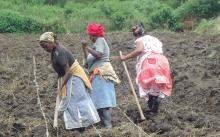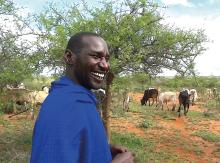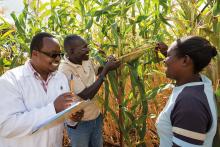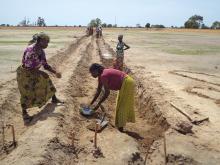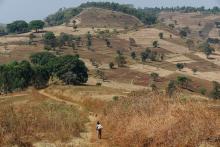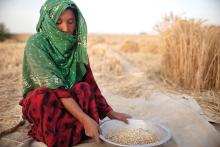Land Library
Welcome to the Land Portal Library. Explore our vast collection of open-access resources (over 74,000) including reports, journal articles, research papers, peer-reviewed publications, legal documents, videos and much more.
/ library resources
Showing items 1 through 9 of 79.Following the end of apartheid, South Africa’s government set itself ambitious goals with a planned land reform. However, there have since been barely any changes in the country’s agricultural structure, and the positive impacts that were hoped for on rural livelihoods have hardly materialised.
The year 2016 marks 15 years since the new wave land reforms became operational in Tanzania. Despite its ambitious goals – encouraging land registration and titling, and empowering women and other vulnerable groups – the results are disillusioning.
The land reform process in Cambodia is full of examples of injustice and human rights violations. Promises to improve the situation of the landless and land-poor citizens have remained unfulfilled. Development co-operation efforts have not changed this either.
In a long-term project in Kenya, the Swiss-based Research Institute of Organic Agriculture has examined the potential of organic and conventional agriculture regarding soil fertility, the occurrence of pests and diseases, and profitability.
A project in Burkina Faso has given a clear demonstration of what supporting family farms can achieve in terms of poverty alleviation and rural development. One important success factor was the transfer of land to farmers, accompanied by a secure land-tenure policy adapted to their needs.
Snakebites are a crucial, yet underreported issue in many South Asian countries. In India, they kill some 50,000 people every year. However, the government has neglected the issue. Now, it’s time to seriously address this all but forgotten public health problem, our author maintains.
Fishery plays a crucial role in poverty and hunger alleviation. It is therefore all the more important to secure the long-term conservation of fish stocks as a natural resource and to ensure fair access to them.
The global demand for fish and fish products is continuously increasing. However, fisheries management is still insufficient, leading to over-exploitation, illegal fishing and massive post-harvest losses. Our authors describe what has to be done.
Aquaculture holds a big potential to satisfy the growing demand for aquatic food. Setting out from lessons learnt in past development projects, our author describes what fish farming systems must look like to fit the needs of smallholders and the environment.

